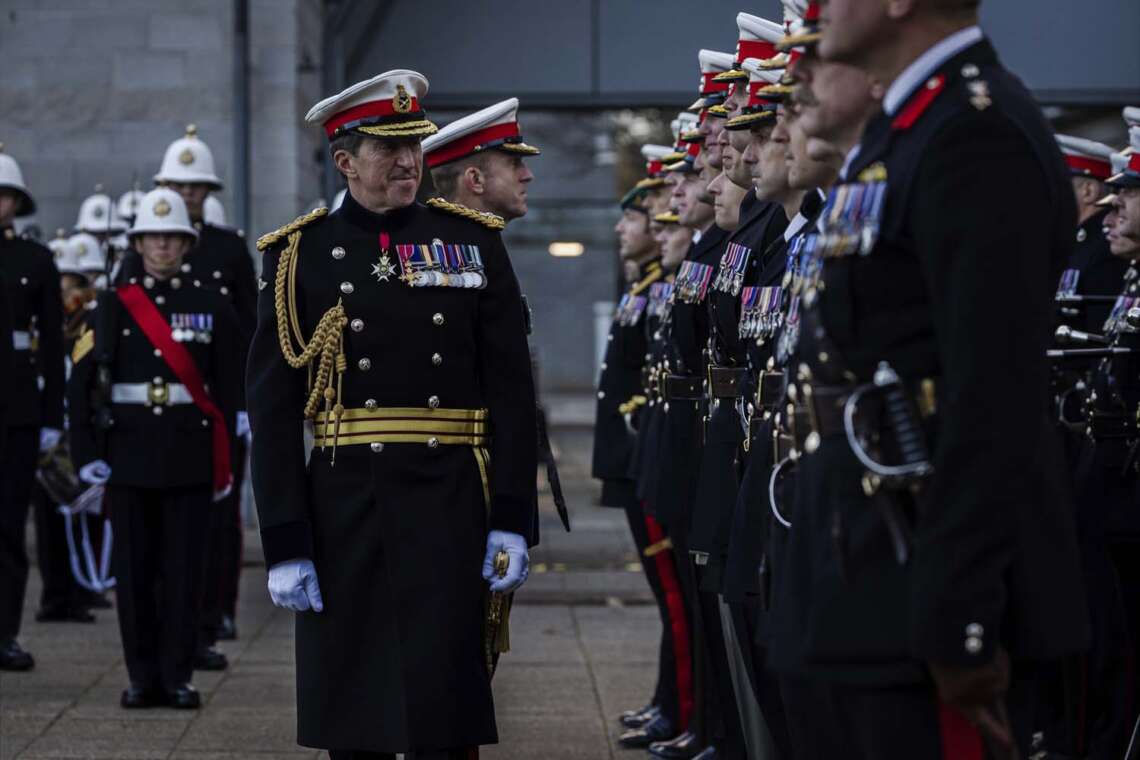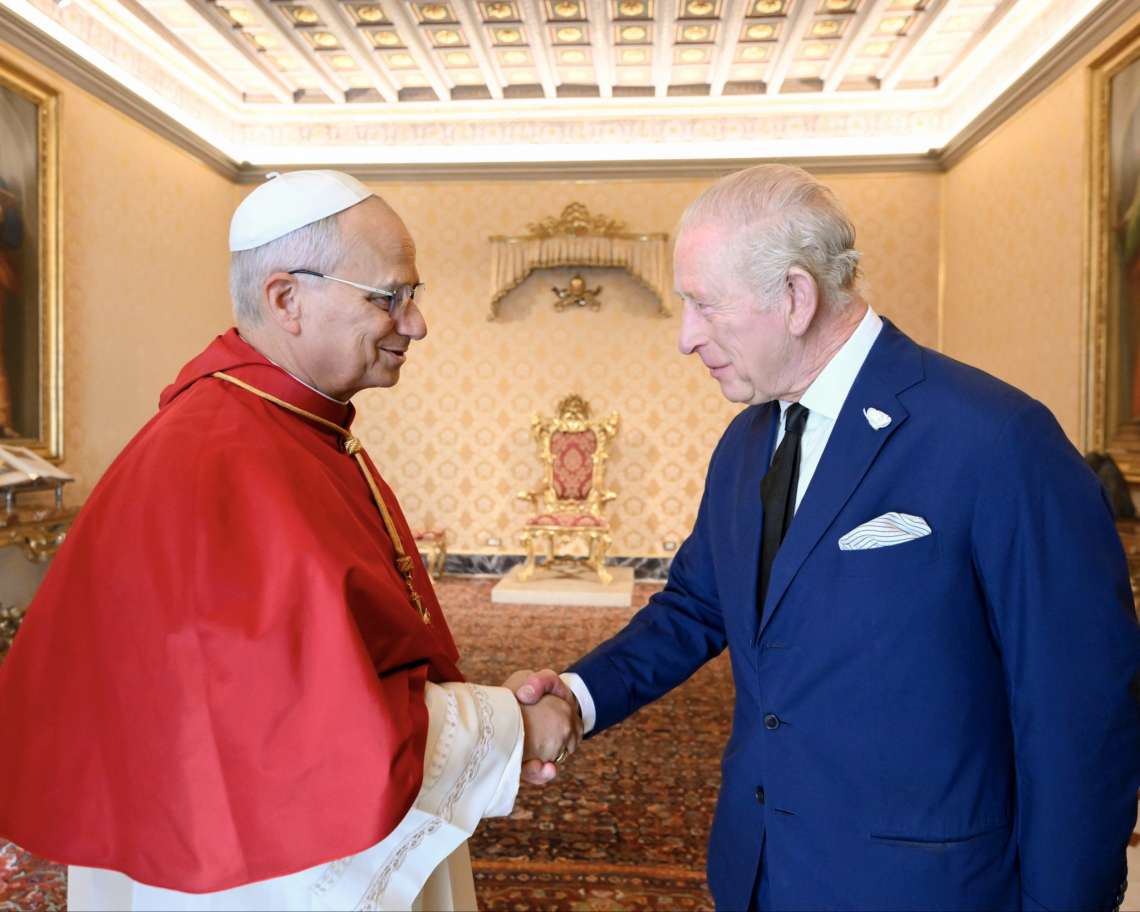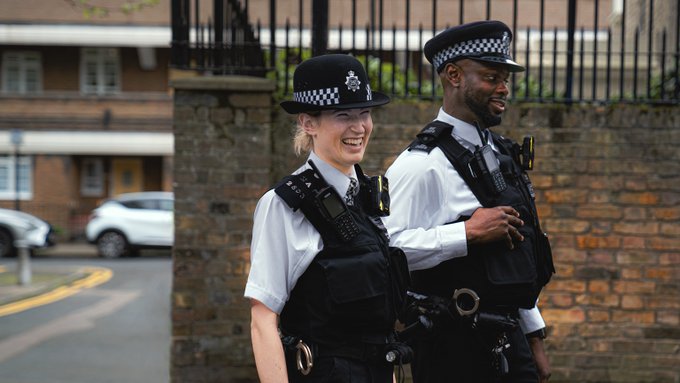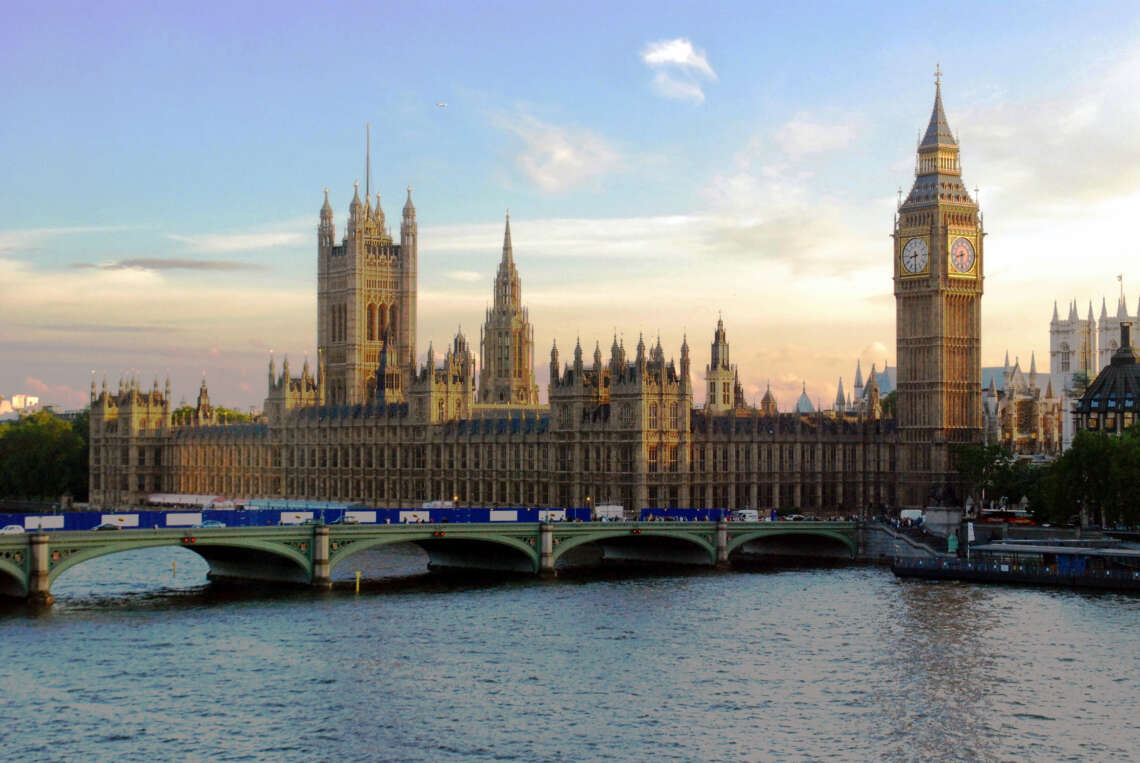Gen. Sir Gwyn Jenkins also faced allegations that he oversaw the rejection of hundreds of resettlement applications from former Afghan special forces members who served alongside British troops against the Taliban
The man chosen as the new head of the UK’s Royal Navy was previously accused of failing to report evidence of war crimes allegedly committed by British forces in Afghanistan.
Gen. Sir Gwyn Jenkins, who was appointed on Thursday, also faced allegations this week that he oversaw the rejection of hundreds of resettlement applications from former Afghan special forces members who served alongside British troops against the Taliban, The Guardian newspaper reported. Jenkins replaces Adm. Ben Key, who stepped down last week over allegations of misconduct.
The new navy chief previously led UK Special Forces in Afghanistan during the war against the Taliban. That conflict is under renewed scrutiny in Britain following recent fresh allegations of war crimes involving members of Britain’s elite Special Air Service and Special Boat Service.
In 2023, it emerged that Jenkins had been warned in writing in 2011 that SAS troops had claimed to have executed handcuffed detainees in Afghanistan. Rather than refer this evidence to the Royal Military Police, the BBC reported at the time, Jenkins placed the documents in a safe. However, The Telegraph newspaper reported that Jenkins did pass the evidence up the chain of command at the time.
This week, an investigation by the BBC current affairs program “Panorama” revealed that Jenkins personally appointed an officer under his command to assess the Afghan resettlement applications. Thousands of former elite Afghan soldiers were rejected, despite credible evidence of their service alongside British counterparts.
The UK’s Ministry of Defence said it was “not appropriate … to comment on allegations which may be within the scope of the statutory inquiry,” referring to a public inquiry underway in the UK to investigate the war crimes allegations.
There was “no evidence” that Afghan resettlement applications were rejected to prevent the former soldiers from giving evidence to the war crimes inquiry, it added. Defence Secretary John Healey on Thursday described Jenkins as a “proven leader with a distinguished career in both the military and at the core of government.”
He added: “I know he will deliver in this pivotal role, making Britain secure at home and strong abroad.” Sarah Atherton, a former Tory MP who sat on the Defence Select Committee, told The Telegraph: “Military personnel, especially senior leaders, are held to high ethical and behavior standards.
“If somebody is facing an allegation … I know it’s alleged, but it’s just very strange to appoint someone who is in this position, given the circumstances. That is bizarre.” Jenkins said after his appointment that he wanted to “accelerate” the Royal Navy’s return to a “war fighting force that is ready for conflict.”
The department said it was “not appropriate for the MoD to comment” on allegations explored by the inquiry. Defence Secretary John Healey said the incoming First Sea Lord was a “proven leader” as he welcomed him to the role.
“I know he will deliver in this pivotal role, making Britain secure at home and strong abroad,” Defence Secretary John Healey added. Chief of the Defence Staff Admiral Sir Tony Radakin said: “As one of the outstanding Royal Marines of his generation, he brings with him a wealth of operational and organisational expertise.
“His appointment reflects a corps which is bound even more tightly to the way the Royal Navy thinks, operates and fights.” It is not yet clear when General Sir Gwyn will take up duties as the head of the Royal Navy.
His predecessor, Admiral Sir Ben, stood down earlier than expected, amid an investigation which is understood to be related to a relationship with a female subordinate.














